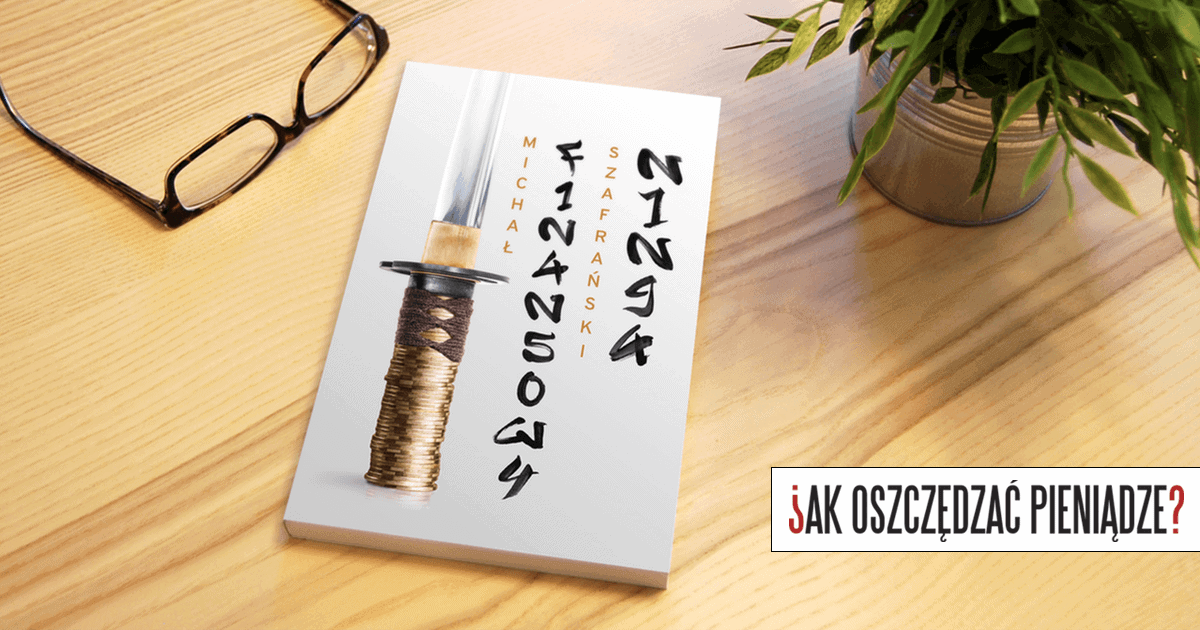
Have you ever judged someone by how they look? Subconsciously we do it every day, not only with people but also food or internet sites. This directly impacts our everyday choices: from a cookie at a bakery to a new car at a car showroom. That is why the look of your website is a key to a good marketing strategy of yours. The user of your website needs only 3 seconds to decide whether he wants to stay there. That is why a site has to be attractive, intuitive, clear and coherent with the company’s image. The results of the largest neuromarketing researches1 which have ever been conducted, confirm that it is not consciousness that plays the key role in selecting products but the senses, subconscious and neurotransmitters (such as serotonin which regulates appetite). To sell a product one needs to take care of not only its exposition but most primarily of the quality and image of it, including its flagships – websites, applications or an online store.
Along with the increase of client’s expectations, the pressure for providing the highest quality content rises. The site has to be well designed and clear, otherwise we risk losing visitors. 38% of people leave a website if it does not look good or the content is not attractive.2 Of course the sole image is not everything, we should add to it its functionality. The loading time should be no longer than 3 seconds and each additional second is a loss in terms of conversion even of 7%. The site has to be well planned so that the visitor does not have any problems with finding the things he is looking for. If he is not able to find them, or the site will take too long to load, then he is going to leave quickly in search of another one, which may be a site of our competitor. If you run an online store, then an ordered, esthetic layout and an intuitive and convenient navigation through the site are your priorities – thanks to them you will make the client visit you again. Nowadays, up to 52.7% of all Internet users in the world are people who use mobile devices. They expect to find contact information, location, products and services in a few seconds.

Each of us wants to have a good experience using products and services, and because the technology is changing rapidly, designing a suitable website or store that is responsive and meets the expectations of customers leads to better sales results. If the user experience is positive, it is more likely that he will return or recommend the product to others.
1 For scanning the brains of the participants a fMRI and an EEG have been used. During the three year project (2004-2007) 2081 people from various countries and continents (for example America, England, China and Japan) have been researched. More than 200 researchers were engaged in the project. The total cost was 7 million dollars. The researches were conducted by Martin Lindstrom who published them in his book titled “Buyology – Truth and Lies About Why We Buy.
2 According to researches carried out by Adobe on 2008 users above 18 years old, “The State of Content: Expectations on the Rise” October 2015.
What is User Experience?
If video do not start please use this link
From Introduction to User Experience Course, Free online course from The University of Michigan on the EdX Platform. CC Personal Non-comercial License Sources:- Martin Lindstrom, “Buyology – Truth and Lies About Why We Buy
- Adobe, “The State of Content: Expectations on the Rise”, October 2015.
- http://masslomap.org/amazing-websites/
- https://speckyboy.com/designing-3-second-rule/
- https://blog.kissmetrics.com/loading-time/
- https://www.statista.com/topics/779/mobile-internet/
Questions:
1. Have you ever chosen any food product because of prettier packaging?
2. Do you know any examples of bad user experience? What is the most frustrating thing?
3. How often do you buy online via your smartphone or tablet? What kind of online shopping do you prefer – via smartphone/tablet or laptop/pc?
4. Can you present an example of website design that impressed you the most?











